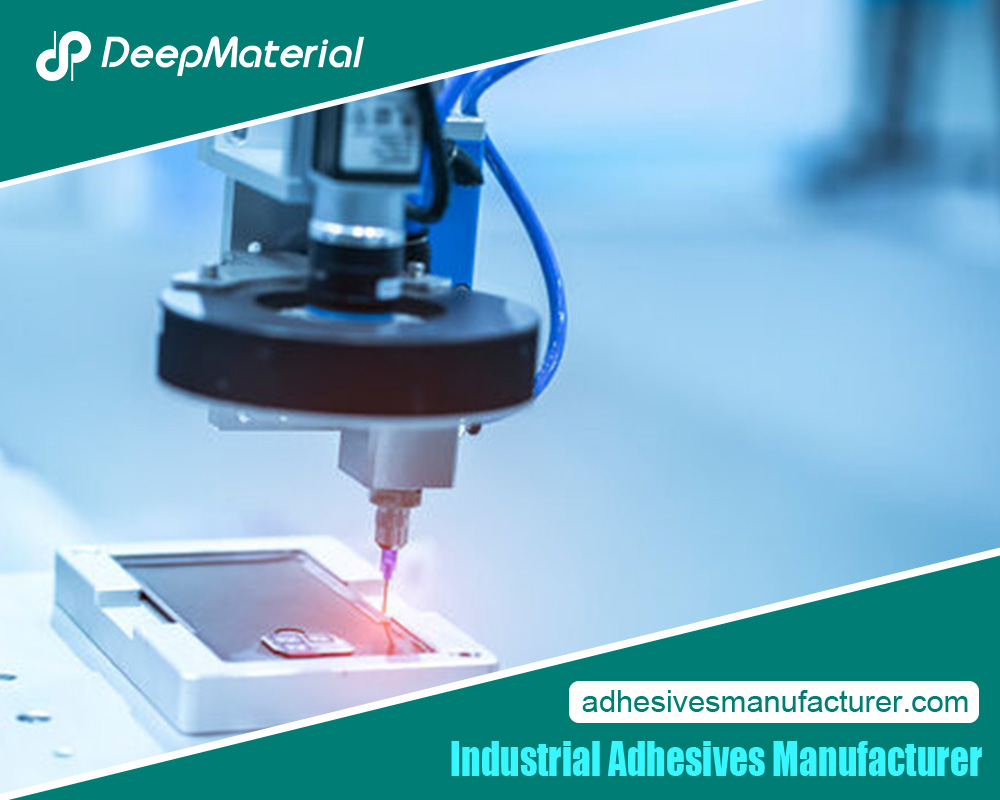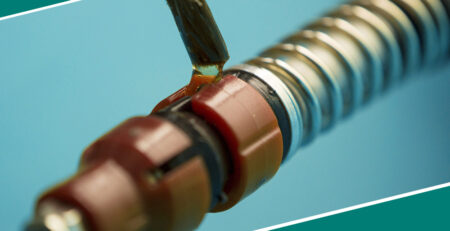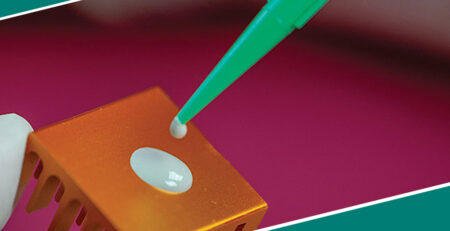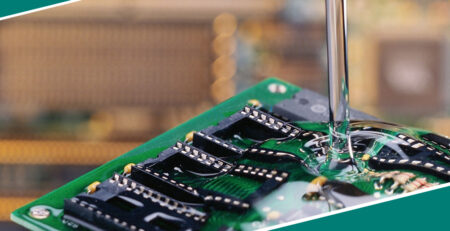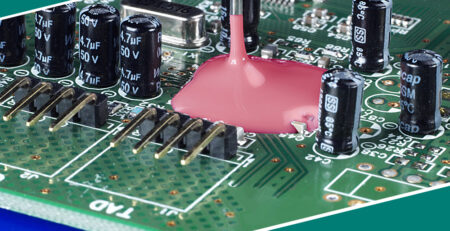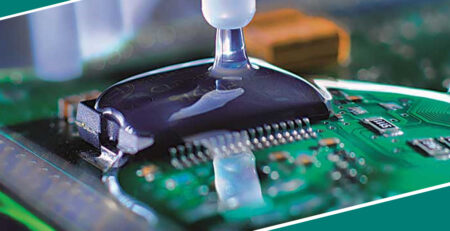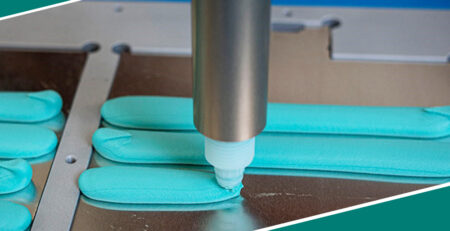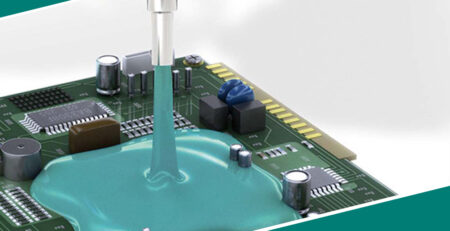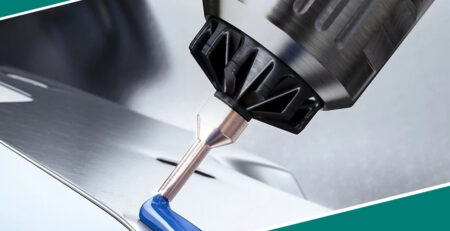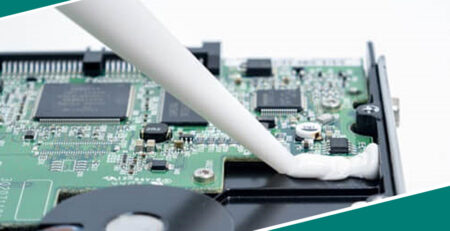Industrial Electric Motor Adhesive Suppliers
Industrial Electric Motor Adhesive Suppliers
Industrial electric motors are fundamental in various sectors, powering everything from manufacturing equipment to HVAC systems. Their durability, efficiency, and performance are paramount for continuous operation. Electric motors require high-quality adhesives during their assembly and maintenance to ensure reliability. These adhesives are crucial in bonding, sealing, insulating, and protecting various motor components from extreme environments and wear over time. This article explores the importance of industrial electric motor adhesive suppliers, their types of adhesives, factors to consider when choosing a supplier, and the future of adhesive technologies in the electric motor industry.
The Importance of Adhesives in Electric Motors
Electric motors face harsh conditions such as high temperatures, vibration, and exposure to chemicals and moisture. Adhesives ensure that the motor’s components, such as windings, magnets, and housings, remain securely bonded and protected under these circumstances. They serve several purposes:
- Bonding: Adhesives bond components such as magnets, stators, rotors, and wire windings within the motor. They replace mechanical fasteners like bolts or screws, which can introduce additional weight and stress points.
- Insulation: In electric motors, insulation is critical for preventing short circuits and ensuring the electrical integrity of the system. Adhesives with insulating properties provide a barrier between electrical components, ensuring electricity flows as intended without causing damage.
- Vibration and Shock Resistance: Motors often operate in environments subject to constant vibrations and shocks. Adhesives help absorb these forces, ensuring that components remain securely attached and the motor operates smoothly without failure.
- Thermal Management: Adhesives with thermal properties help dissipate heat generated during motor operation. This improves the motor’s efficiency and longevity by preventing overheating.
- Environmental Protection: Many electric motors are exposed to moisture, chemicals, and dust, which can damage sensitive components. Adhesives with sealing capabilities protect the motor from these external factors.
Given these critical functions, selecting a suitable adhesive from a reputable supplier is essential for optimal pmotors’nce and longevity for electric motors.
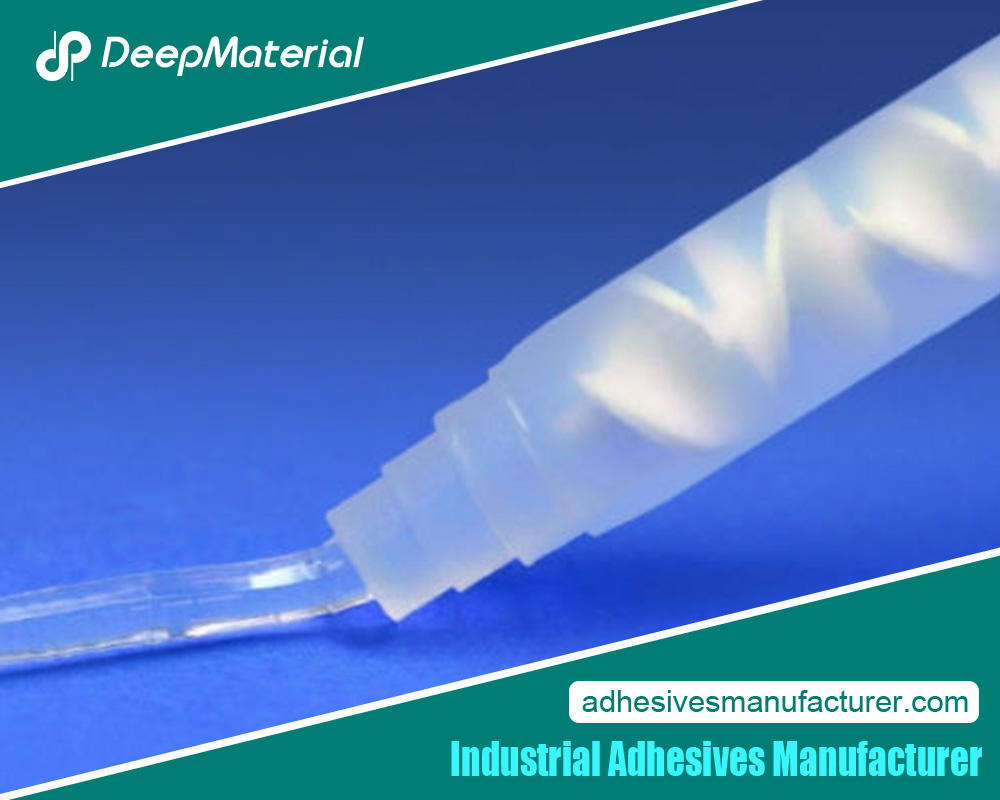 Types of Adhesives for Electric Motors
Types of Adhesives for Electric Motors
Suppliers of industrial electric motor adhesives offer a wide range of products, each tailored to meet specific motor design and application requirements. The most common types of adhesives used in electric motors include:
Epoxy Adhesives
Epoxy adhesives are among the most widely used in electric motor manufacturing due to their strength, durability, and resistance to harsh environmental conditions. They provide excellent bonding for magnets, stators, and other components and offer high heat, chemicals, and moisture resistance. Epoxies also have excellent electrical insulation properties, making them ideal for protecting sensitive electronic components within the motor.
Acrylic Adhesives
Acrylic adhesives are known for their fast curing times and excellent bond strength, making them suitable for high-volume production environments. They offer strong resistance to environmental factors such as temperature fluctuations and humidity. Acrylic adhesives are commonly used for bonding magnets in electric motors due to their ability to maintain strong bonds under mechanical stress.
Polyurethane Adhesives
Polyurethane adhesives are prized for their flexibility and toughness, making them ideal for motors that experience vibration or dynamic loads. They provide excellent adhesion to a variety of materials, including metals, plastics, and composites, and are resistant to chemicals and moisture. Polyurethanes also offer good electrical insulation properties and can be used for sealing and bonding in motor applications.
Silicone Adhesives
Silicone adhesives are used in electric motors for their excellent thermal stability and resistance to extreme temperatures. They are instrumental in applications where the engine operates in high-temperature environments or requires flexibility. Silicone adhesives also provide excellent sealing capabilities, protecting motors from dust, moisture, and chemicals.
Cyanoacrylate Adhesives (Instant Adhesives)
Cyanoacrylate adhesives are used in applications requiring quick bonding. While they are not typically used for bonding major components in electric motors, they are often employed for small repairs or securing minor parts. These adhesives bond quickly and offer good strength, but they may need the durability required for high-stress applications.
Anaerobic Adhesives
Anaerobic adhesives cure in the absence of air and are commonly used in electric motor assembly to secure fasteners, bond metal components, and seal joints. They offer excellent resistance to chemicals, heat, and vibration, making them suitable for demanding motor environments. Anaerobic adhesives are often used with other adhesives to provide additional mechanical stability.
Key Factors to Consider When Choosing an Adhesive Supplier
Several critical factors must be considered when selecting a supplier of industrial electric motor adhesives to ensure the highest quality products and services.
Product Range and Quality
One of the most important considerations is the range and quality of adhesives a supplier offers. Suppliers should provide a variety of adhesive types tailored to the specific needs of electric motors, such as those with high heat resistance, muscular bonding strength, and electrical insulation properties. Quality is paramount, as the reliability and performance of the electric motor depend on tadhesive’se’s ability to withstand the harsh conditions it will face.
Technical Support and Expertise
A reputable supplier should offer technical support and guidance to select the correct adhesive for each application. This includes assistance with product selection, surface preparation, application methods, and curing processes. Suppliers with experience in the electric motor industry will be able to offer valuable insights into the most suitable adhesives for specific motor designs and operating environments.
Compliance with Industry Standards
Industrial electric motors must meet strict regulatory and safety standards. The adhesives used in their assembly should comply with industry regulations such as RoHS (Restriction of Hazardous Substances) and REACH (Registration, Evaluation, Authorization, and Restriction of Chemicals). Suppliers should provide documentation to ensure that their products meet these requirements.
Customization Options
Electric motors are used in various industries, each with specific requirements. A good supplier should offer customization options for adhesives, including tailored formulations to meet different motor design applications’s unique needs. This may involve adjusting tadhesive’se’s thermal, electrical, or mechanical properties to suit specific operating conditions.
Delivery and Availability
Timely delivery and availability of products are crucial, particularly for manufacturers working on tight production schedules. A reliable supplier should have an efficient distribution network and stock levels to meet large-scale production demands. Additionally, they should offer flexible delivery options to ensure adhesives are available when needed, minimizing production downtime.
Sustainability and Environmental Responsibility
With an increasing focus on sustainability, many manufacturers are looking for environmentally responsible suppliers. Adhesive suppliers should offer eco-friendly products, such as low-VOC (volatile organic compounds) adhesives, and adhere to sustainable manufacturing practices. This not only helps manufacturers meet environmental regulations but also supports their broader sustainability goals.
The Future of Adhesives in Electric Motors
The demand for advanced adhesives will grow as electric motors evolve, particularly with the rise of electric vehicles (EVs) and renewable energy systems. Innovations in adhesive technologies will improve thermal conductivity, enhance durability, and reduce environmental impact. Future adhesives will likely incorporate nanotechnology for improved bonding strength and insulation properties while being more sustainable.
In addition, with the increasing use of automation in manufacturing, adhesive suppliers will need to develop products compatible with automated dispensing systems to streamline production processes.
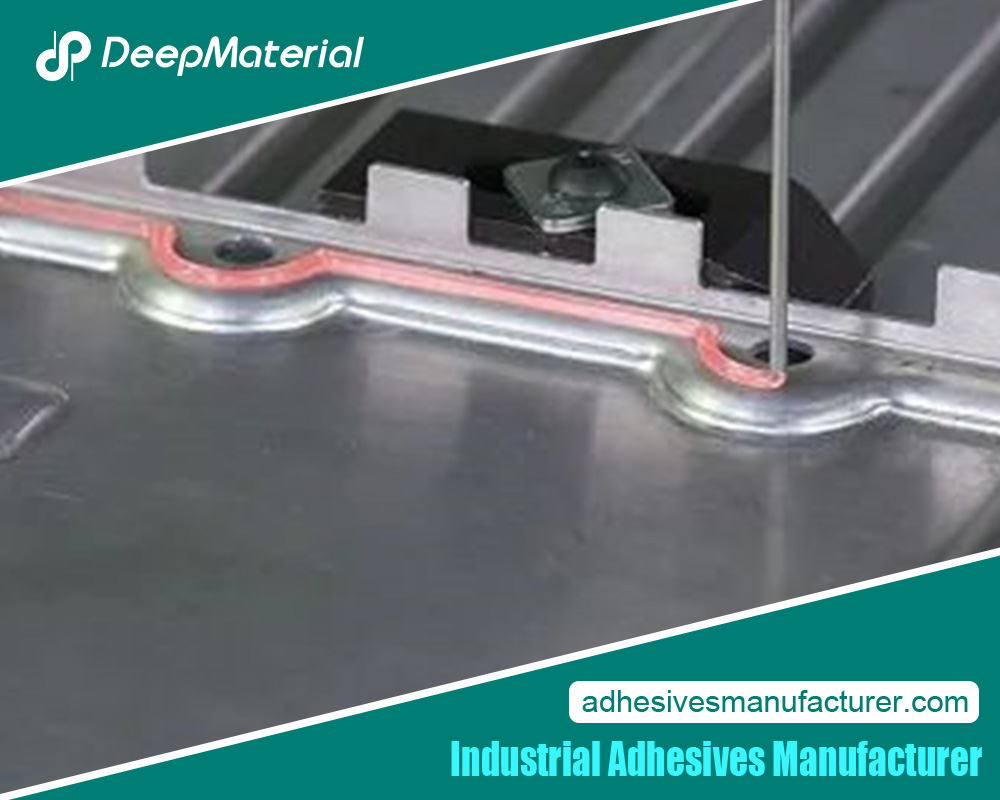 Conclusion
Conclusion
Industrial electric motor adhesive suppliers are crucial in ensuring electric motors’ performance, reliability, and longevity across various industries. The proper adhesives not only enhance motor efficiency but also protect components from harsh environmental conditions. Manufacturers must consider product range, quality, technical support, compliance with industry standards, and sustainability when selecting a supplier. With ongoing advancements in adhesive technologies, the future of electric motor manufacturing promises to be more efficient, reliable, and environmentally responsible.
For more about a complete guide to the industrial electric motor adhesive suppliers, you can pay a visit to Deepmaterial at https://www.adhesivesmanufacturer.com/ for more info.

